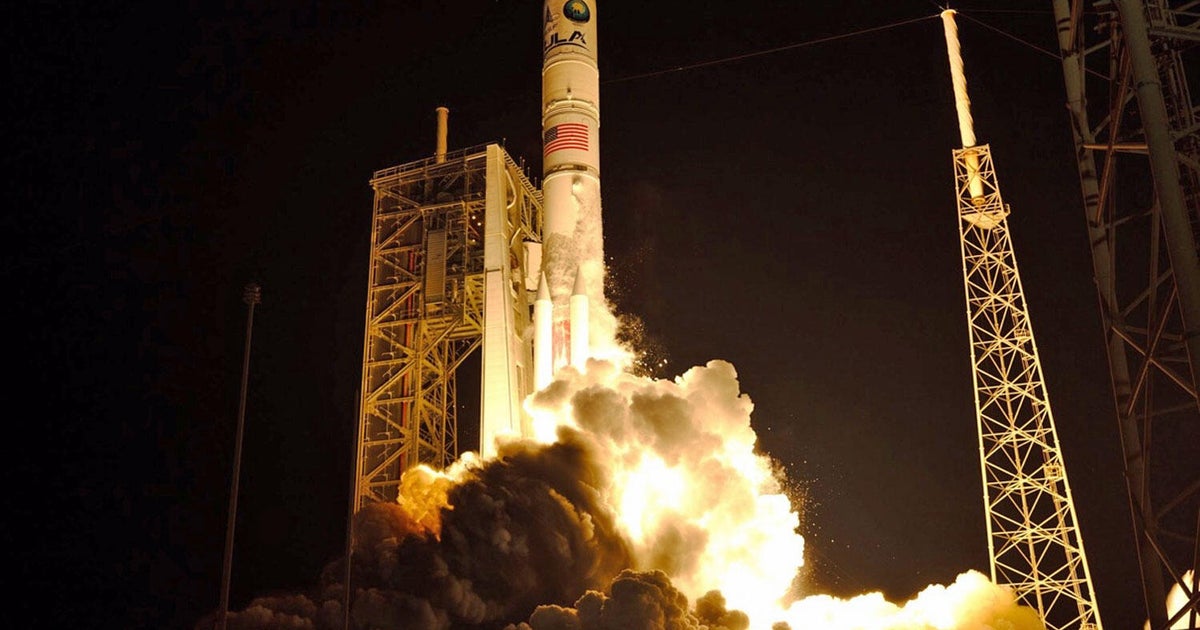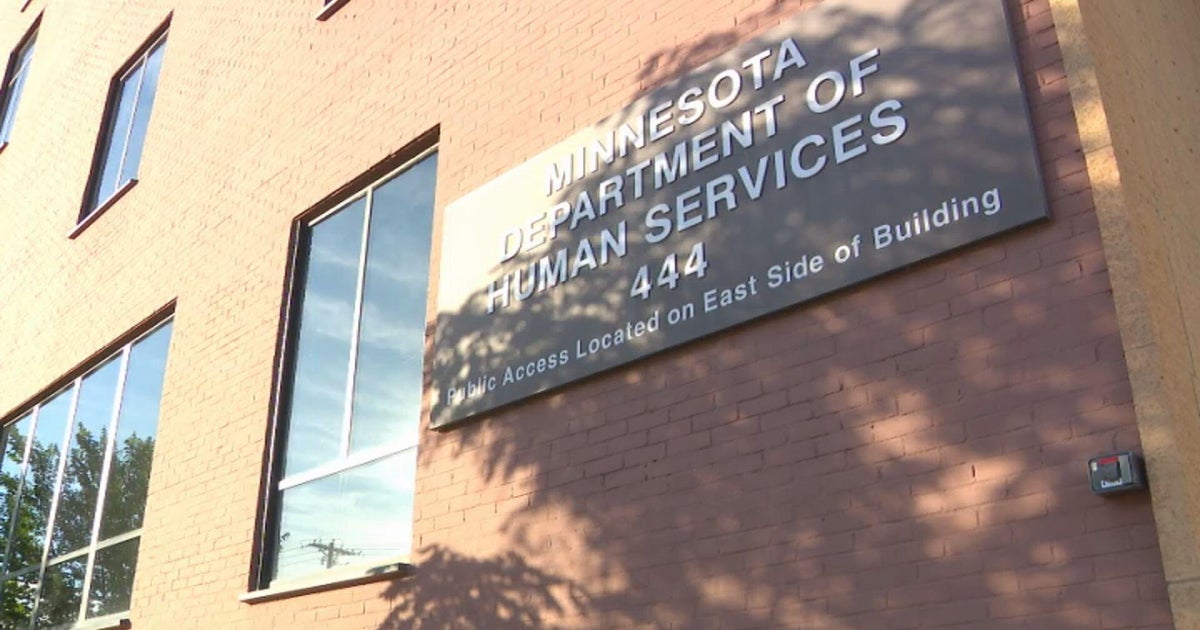North Korea preps new missile test as THAAD arrives in South Korea
SEOUL, South Korea -- As a controversial U.S. missile defense system arrives in South Korea, U.S. officials have told CBS News that North Korea appears to be preparing for another launch of a new medium-range missile it first test fired last month, and may also be testing engines for a longer-range intercontinental ballistic missile (ICBM).
U.S. defense officials told CBS News’ David Martin on Tuesday that North Koreans were observed the previous day conducting a “missile ejection test” indicating likely preparations for another test launch of the Pukguksong-2, which was tested on Feb. 12.
They were also observed conducting an engine test for what could possibly be the ICBM North Korea is known to be working on.
Earlier Tuesday, the U.S. and South Korean militaries announced that missile launchers and other equipment needed to set up the American Terminal High-Altitude Area Defense system, or THAAD, had arrived in South Korea.
The long-planned deployment of the THAAD began a day after North Korea test-launched four ballistic missiles, which splashed into the Sea of Japan just 200 miles from Japan’s coast. It remains unclear whether those missiles were of an older variety, or the newer Pukguksong-2.
Martin says North Korea’s use of mobile missiles has increased the isolated regime’s ability to conduct tests with little or no warning, and the latest tests on Monday caught U.S. intelligence by surprise.
On Tuesday, the U.N. Security Council strongly condemned the latest missile launches in a statement, CBS News’ Pamela Falk reports.
The Security Council said members of the council “deplore” all of North Korea’s ballistic missile activities, including the recent launches. It said the recent launches were “in grave violation” of North Korea’s international obligations under multiple U.N. Security Council resolutions.
“”The members of the Security Council expressed serious concern over the Democratic People’s Republic of Korea’s increasingly destabilising behavior and defiance of the Security Council,” the statement said.
In February, North Korea claimed the new missile test successfully demonstrated the “the reliability and security” of a new mobile launching system, the solid fuel that was used and the guidance and control features of the ballistic missile.
Solid fuel can give missiles longer range and make detecting them before launch more difficult because they can be readied faster than the liquid fuel missiles the North has relied on for years.
The Kim regime also claimed the February test verified control and guidance capabilities and said the missiles can be “tipped with a nuclear warhead.”
The plans to deploy the THAAD system within this year have angered not only North Korea, but China and Russia, which see the system’s powerful radars as a security threat.
China responded quickly, saying it will take “necessary measures” to protect itself and warning that the U.S. and South Korea should be prepared to bear the consequences.
Washington and Seoul insist the system is defensive and not meant as a threat to Beijing or Moscow. The U.S. military said in a statement that THAAD can intercept and destroy short and medium range ballistic missiles during the last part of their flights. It is not capable of defending against ICMBs.
“Continued provocative actions by North Korea, to include yesterday’s launch of multiple missiles, only confirm the prudence of our alliance decision last year to deploy THAAD to South Korea,” Adm. Harry Harris, head of the U.S. Pacific Command, said in the statement.
Some South Korean liberal presidential candidates have said that the security benefits of having THAAD would be curtailed by worsened relations with neighbors China and Russia.
“China firmly opposes the deployment of THAAD,” Chinese Foreign Ministry spokesman Geng Shuang said at a regular briefing Tuesday. “We will definitely be taking necessary measures to safeguard our own security interest. All consequences entailed from that will be borne by the U.S. and (South Korea). We once again strongly urge the relevant sides to stop the process of deployment and refrain from going further down that wrong path.”
China’s condemnation of South Korea’s plans to deploy THAAD has triggered protests against a South Korean retail giant, Lotte, which agreed to provide one of its golf courses in southern South Korea as the site of THAAD. The South Korean government also raised concerns about a reported ban on Chinese tour groups visiting the country.
On Tuesday, China’s Global Times, an outspoken nationalist tabloid published by the ruling Communist Party’s flagship People’s Daily, criticized North Korea over the missiles.
“By firing four missiles at once this time, the military confrontation between Pyongyang, Seoul and Washington escalates a notch,” the paper said. “Noticeably, the Chinese public is angry that Pyongyang’s nuclear program has provided an excuse for Seoul to deploy THAAD.”
An official from South Korea’s Defense Ministry, who didn’t want to be named, citing office rules, said that the equipment that arrived in South Korea included launchers, but didn’t confirm how many.
While South Korea’s media speculate that the THAAD deployment could be completed by as early as April, the ministry official couldn’t confirm those reports. The official said that the plan was to have the system operational as soon as possible.



